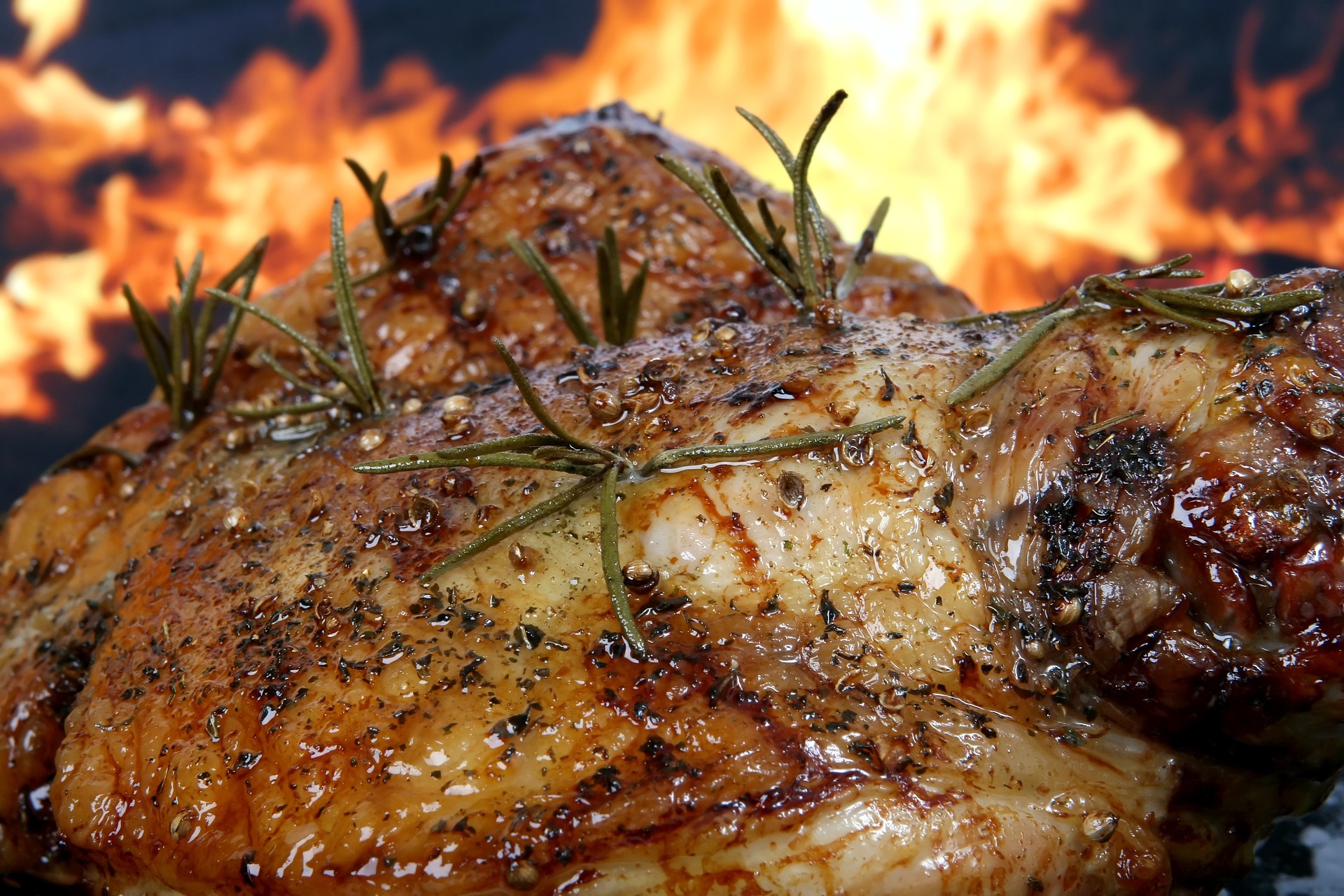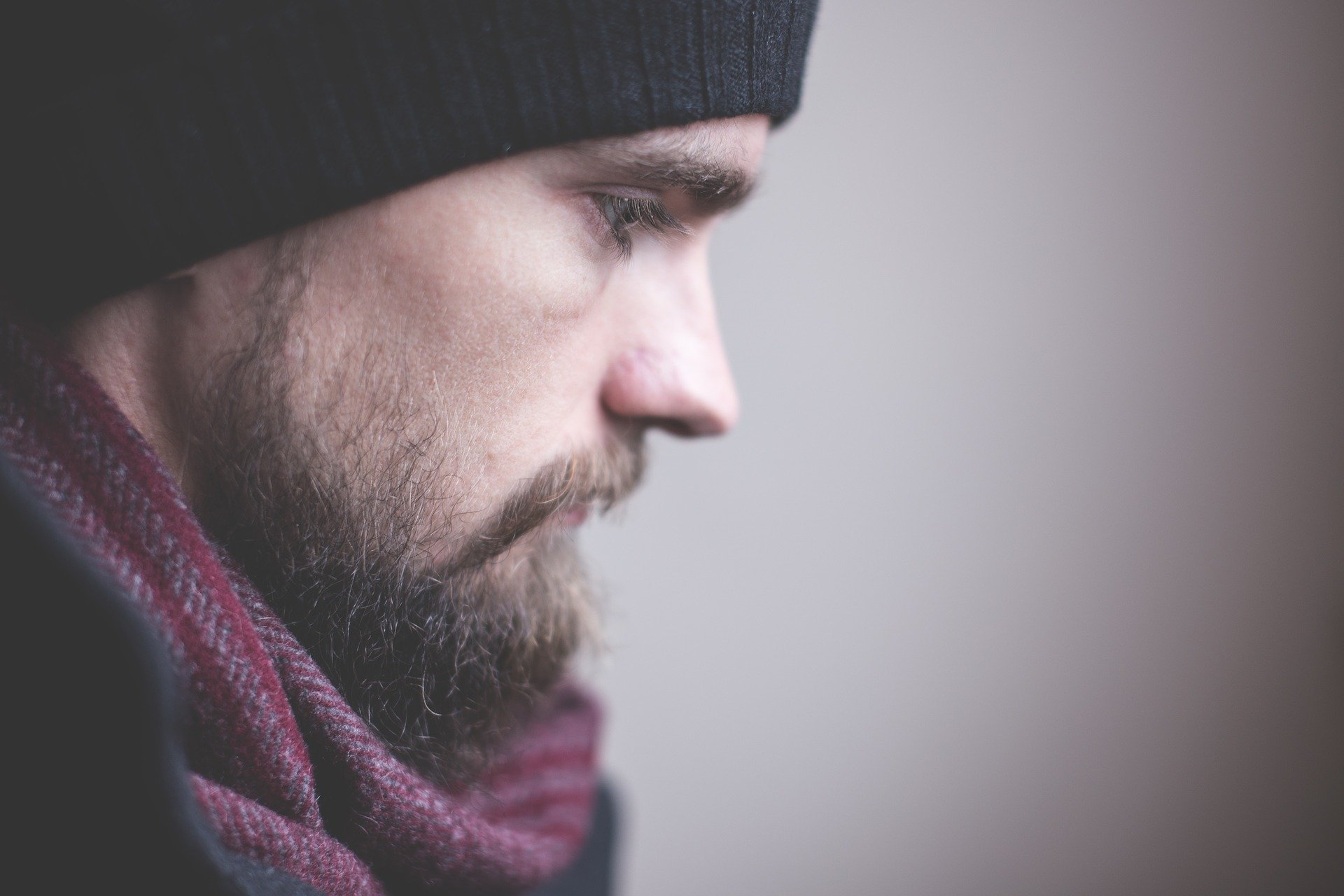There’s a common perception amongst some people that having weight loss surgery is somehow the easy option or a cheat. However it’s definitely not the easy way out. It involves a lot of hard work and a lifetime commitment.
Misunderstanding
Part of the problem is that people often misunderstand what weight loss surgery is. They sometime think of it as a type of cosmetic surgery, a bit like liposuction, where an obese person will go in for an operation – have huge amounts of fat taken out – and wake up a few hours later 50kg lighter!
That’s definitely not the case.
The surgery itself doesn’t reduce a patient’s weight at all. It reduces the size of a person’s stomach, often to about the size of a golf ball, and also reduces the absorption of nutrients from food. So it’s not the surgery that reduces someone’s weight, but a very restricted diet they must follow after surgery.
So it’s not a quick fix. It’s a lengthy and difficult process that can take a year or more for someone to lose their excess weight.
Stigma
There’s also a lot of social stigma attached to weight loss surgery. Some people have the opinion that if a overweight person just stopped eating so much and exercised a bit more they wouldn’t need to have surgery. They see overweight people as lacking sufficient character or willpower to lose weight on their own.
They don’t comprehend the struggles that overweight people have gone through, over many years, with managing their weight and with yo-yo dieting. They don’t see the psychological and emotional issues around overeating, and they don’t have to live with the shame attached with being an overweight person.
This fear of negative reactions or being judged forces a lot of bariatric patients to keep their surgery secret. And this secrecy only adds to the stigma, because people don’t hear about others having weight loss surgery.
Then there’s also all the lurid headlines we see in the press where they will ‘out’ a celebrity as having bariatric surgery, and pick apart all kinds of private details about their weight management struggles and personal life.
Invasive
The surgery itself is not particularly dangerous – no more dangerous than having a gallbladder operation. It’s mostly done laparoscopically by making 5 small incisions at the top of the belly. However, it’s still invasive surgery, done under a general anaesthetic, requiring a couple of nights in hospital, and is very painful to recover from.
The wounds take a number of weeks to heal and are painful. Patients are also put on a very restrictive diet to stop potential damage to their new stomachs – normally liquids only for a few days, and after that blended/pureed food (think: baby food).
People also need a number of weeks off work to recover.
Hard work
The surgery itself is only the start of a hard journey. The smaller stomach is a tool that can be used to help lose weight. It will make people feel full a lot quicker, and will reduce the amount of nutrients that are absorbed from food. However the restricted diet is the hard work.
People that have had bariatric surgery typically can only eat a starter-sized portion of food at each meal. However they must also try to consume as much protein as possible, and avoid carbs and sugar as much as possible as they will make them sick. And because of the reduced absorption they will need to take multivitamins and other supplements for the rest of their lives.
And just think of all the social occasions that are linked to food: meals out with friends or colleagues, weddings, family gatherings, birthday parties, Christmas, and other celebrations. Someone who has had weight loss surgery will not be able to eat the same amount of food like everyone else. They will only manage a small portion. There are no ‘cheat days’ where they can pig out on a huge pizza and ice cream.
There’s also the social awkwardness of trying to order a starter while everyone else has main courses. Or having to deal with the questions from waiting staff when more than half the food goes uneaten on the plate. Or from well-meaning relatives that get insulted when you turn down their food.
Complications
As with any surgery, there’s always the risk that something might go wrong. It’s possible that the new stomach might leak, or there will be internal bleeding. Other complications may present themselves months or even years after, and necessitate additional revision or corrective surgery.
It’s also possible that over time the new stomach pouch might stretch, which reduces it’s effectiveness at helping to manage weight.
There’s also the unaddressed psychological and emotional issues that led to someone overeating in the past. Without food to act as a comfort these issues will need to be addressed, which might be difficult.
So, all in all, when you consider all of this, weight loss surgery is definitely not the easy option. It’s a lot of hard work, and a lifetime commitment.







Leave a Comment